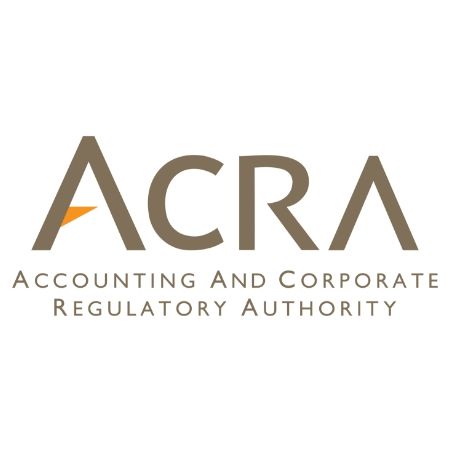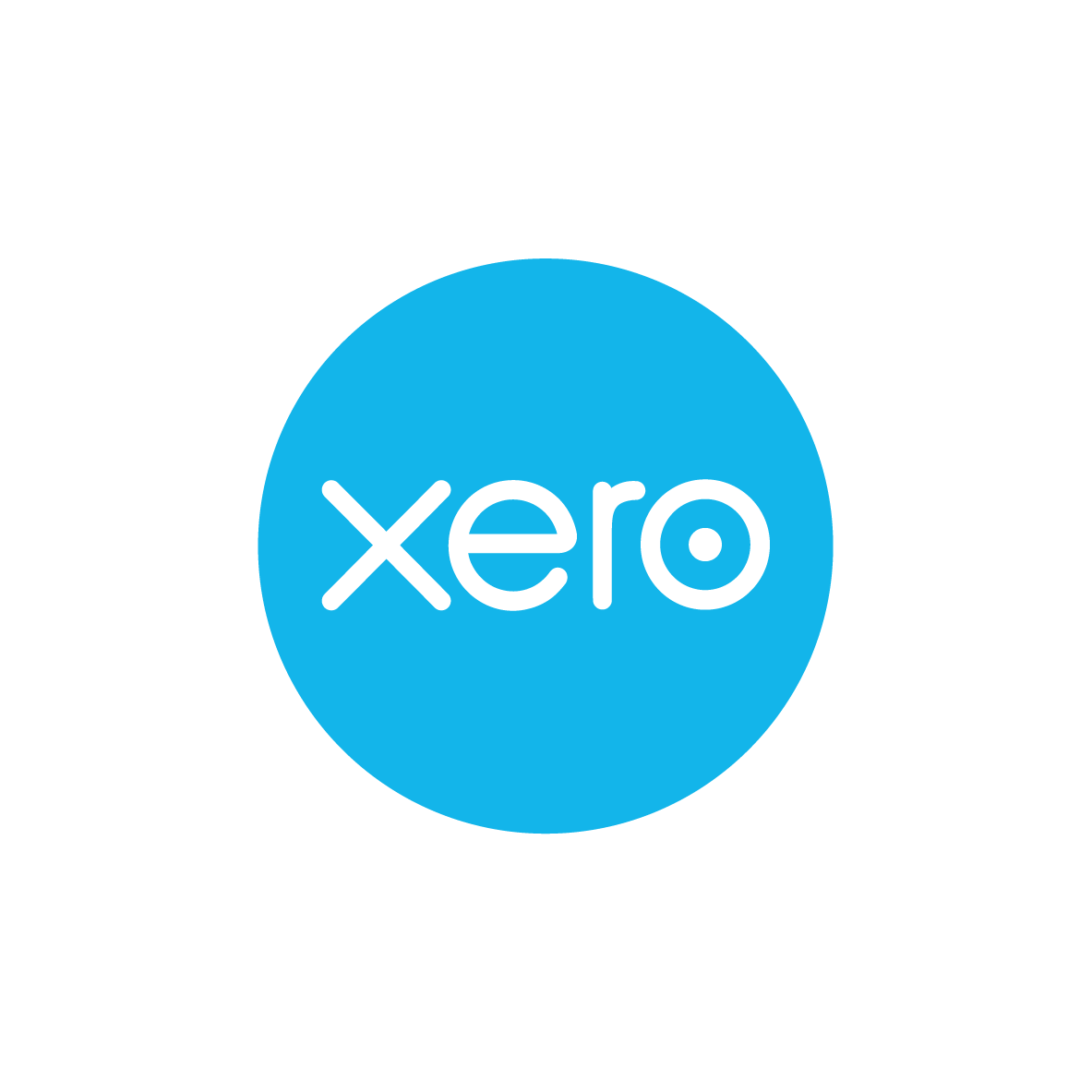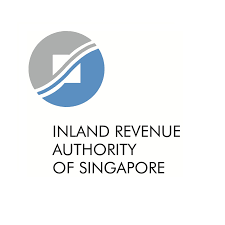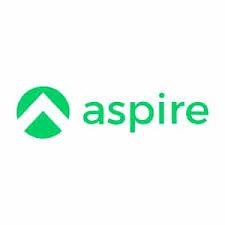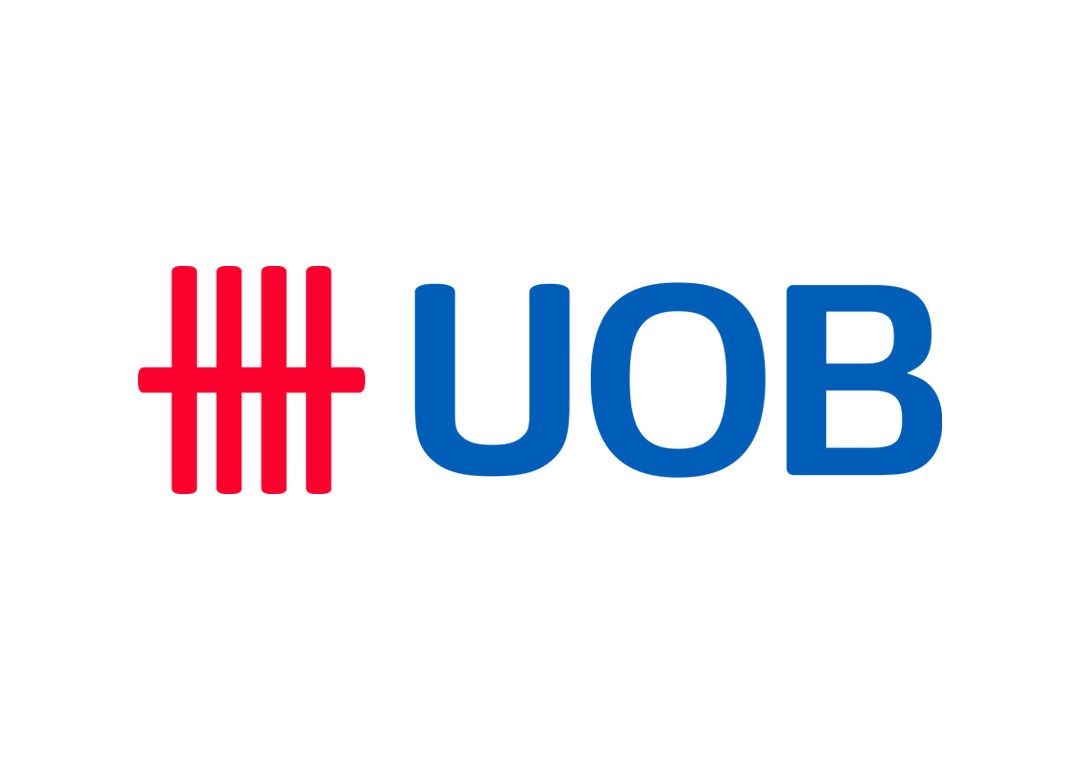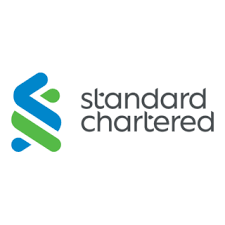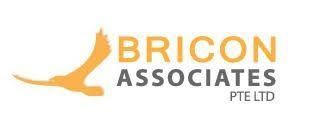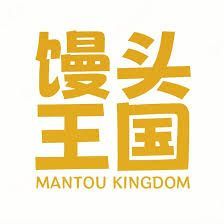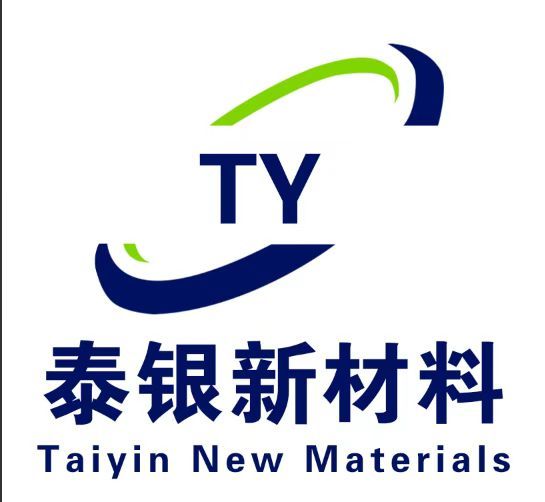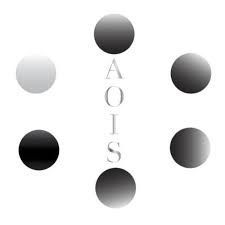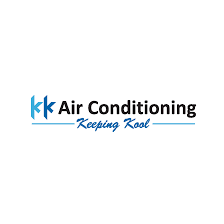Singapore Business Guide
Located in the center of Asia, Singapore is a developed city with strong economic development and abundant talent. It is also one of the top choices for corporate investment.
Why is Singapore the preferred place for entrepreneurship? The reasons include:
- Ease of doing business. Banks around the world have long ranked Singapore as the second best country in the world and the top choice in Asia for doing business. Gateway to Southeast Asia. Singapore is rich in business resources and has close business, cultural and linguistic ties with emerging Southeast Asian markets. With a population of over 600 million, 70% of whom are under the age of 40, Southeast Asian countries are one of the world's largest undeveloped economies. Stability. In 2017, the Country Risk Survey organized by Euromoney ranked Singapore as the country with the lowest sovereign risk and the most stable political atmosphere in the world. Business environment. In the 2018 Economist Intelligence Unit's forecast of the best global business environment in the next five years, Singapore once again topped the list. Singapore has been ranked first since 2013.
If you want to start a business in Singapore, this guide can help you get your business up and running in the shortest possible time.
Step 1: Choose a business structure
How to choose the business structure that's best for you?
Business entities in Singapore are regulated by the Accounting and Corporate Regulatory Authority (ACRA). Before registering a business entity, you need to choose one of the following business structures.
- Sole proprietorship. A sole proprietorship is a business owned by an individual or a company. The sole proprietor has absolute decision-making power in running the business, but also has unlimited liability. Partnership. A partnership is a business made up of 2 or more partners (not exceeding 20). Partners have unlimited liability and are personally liable for the debts of the partnership and losses of the other partners. Partners can sue and be sued in the name of the company, but cannot own property in the name of the company. Company. A company is a business entity registered under Chapter 50 of the Companies Act. A company has legal personality (i.e. the right to own property, perpetual succession rights and the ability to sue and be sued in its own name). Unlike sole proprietorships and partnerships, shareholders in a company are not liable for the debts and losses of the company. Companies tend to be more expensive to set up and maintain. In addition, annual reports must be filed. There are three types of companies:
• Exempt private company: the company has not more than 20 shareholders and other companies do not hold beneficial interests in the company's shares
• Private company: no more than 50 shareholders
• Public company: at least 50 shareholders
- Limited Liability Partnership. A Limited Liability Partnership (LLP) gives owners greater flexibility, allowing them to be partners while having a separate legal personality similar to a private limited company. As an LLP has a separate legal personality from its partners, the partners are not personally liable for any business debts incurred by the LLP. Registration costs are lower than for a company and there are fewer formalities and procedures. However, an LLP is still required to keep accounting records, profit and loss statements and balance sheets to ensure that its transactions and financial position can be clearly explained. Limited Partnership. A Limited Partnership (LP) consists of at least two partners, one general partner and one limited partner. Unlike an LLP, an LLP does not have a separate legal personality from its partners. Although an individual or company can be a general or limited partner in an LLP, the general partner will be liable for the actions, debts and obligations of the LLP. Unless a limited partner participates in the management of the business, the limited partner is not liable for debts and obligations beyond his or her agreed capital contribution.
Step 2: Register your business
How to register a business in Singapore?
After choosing the appropriate business structure, you will need to apply to reserve a company name for your business entity. If the name is not already in use and no other government approval or review is required, your application will be approved immediately for a fee of S$15. Once the company name is approved, it will be reserved for 120 days from today.
There are two ways to apply for a business name:
- Register directly on BizFile , the online portal of the Singapore Accounting and Corporate Regulatory Authority. You can log in to BizFile using your SingPass or CorpPass account to submit your online application. Appoint a registered agent (such as a secretarial company: AJK Consultancy Pte. Ltd.) to submit the online application on your behalf.
Once your business name is approved, you can register your business with Accounting and Corporate Regulatory Authority of Singapore!
Step 3: Business Management
human Resources
If your company needs to hire foreigners to work in Singapore, make sure they hold a valid work pass.
Other relevant work permits include:
- professional
- Employment Pass (EP) is for foreign professionals, managers and executives. Applicants must earn at least S$5,000 per month and meet the relevant requirements. EntrePass is for eligible foreign entrepreneurs who wish to start a new business in Singapore. Personalised Employment Pass (PEP) is for high-income workers or overseas professionals who hold employment passes. Workers holding employment passes must earn at least S$12,000 per month, and foreign professionals must earn at least S$18,000 per month to meet the application requirements. Compared with other employment passes, the Personalised Employment Pass provides greater work flexibility. Holders of Personalised Employment Passes can work in any industry and can stay in Singapore for 6 months without being employed to look for their next job opportunity.
2. Intermediate and senior technical staff
- Special Pass (S Pass) Applicants are required to have a monthly income of at least S$2,500 and meet the prescribed assessment criteria. Work Permit Foreign workers, foreign domestic workers, confinement nannies, entertainers, etc. can apply for their own work permits.
Corporate Compliance Services
Contact AJK for more service information:
- Company registration, legal secretary, accounting, auditing, taxation




